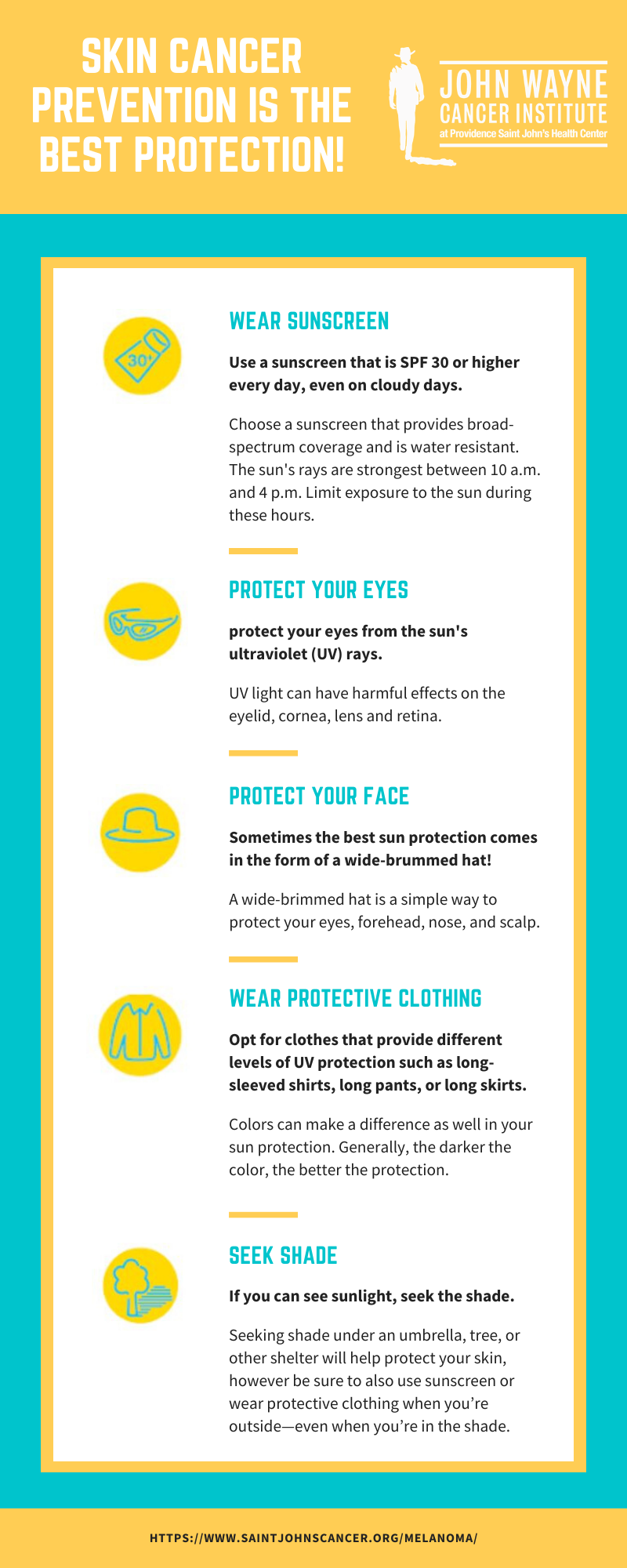
Summer is here! It’s time to get outside and enjoy the sunshine and warm weather. Many of us will be spending time with friends and family, enjoying cookouts, walking outside and going to the beach or pool. Wherever your plans may take you, sunshine and nice weather make it even better!
July is UV Safety Month
We would like to take some time to educate our readers on the importance of sunscreen and what they can do to keep themselves protected from the sun and its UV rays. While many may be familiar with the dangers associated with the sun, it is important that we remain vigilant in protecting ourselves to avoid future problems.
The benefits of using sunscreen:
Sunscreens are used to protect the skin from the harmful effects of the sun. They help prevent sunburn and premature aging. Let’s face it! Nobody is looking forward to wrinkles and leathery skin.
Sunscreen also helps decrease the risk of skin cancer as well as some of the sunburn-like reactions caused by certain medications. Sunscreens work by absorbing the sun’s ultraviolet radiation and preventing it from reaching the deeper layers of the skin or by reflecting the radiation.
Who should use sunscreen?
EVERYONE should wear sunscreen. Sunscreen prevents skin cancer by protecting you from the sun’s harmful ultraviolet rays. Anyone can get skin cancer and it is estimated that one in five Americans will develop it in their lifetime. Continue to use sunscreen to help reduce your risk.
What kind of sunscreen should you use?
The best type of sunscreen is the one you will use again and again without complaining! Just make sure it offers broad-spectrum (UVA and UVB) protection, has an SPF of 30 or higher and is water-resistant.
The kind of sunscreen you use is up to you and may vary depending on the area of the body to be protected. Options include lotions, creams, gels, ointments, wax sticks and sprays. Below we’ve listed some tips:
- Creams are best for dry skin and the face.
- Gels are good for hairy areas, such as the scalp or male chest.
- Sticks are good to use around the eyes.
- Sprays are sometimes preferred by parents since they are easy to apply to children. Be sure to cover all exposed skin.
- There are also sunscreens made specifically for babies and sensitive skin.
Some sunscreen products are also available in combination with moisturizers and cosmetics. While these products are convenient, they also need to be an SPF of at least 30 and reapplied in order to achieve the best sun protection.
You may also find sunscreen containing insect repellent. The American Academy of Dermatology recommends purchasing and using these products separately. Sunscreen needs to be applied generously and often. Insect repellent should be used sparingly and much less frequently.
While the specific type is up to you, the American Academy of Dermatology recommends using sunscreens that offer the following:
- Broad-spectrum protection which protects against both UVA and UVB rays
- SPF (sun protection factor) of 30 or higher
- Water resistant
A sunscreen that offers the above helps protect skin from sunburns, premature aging and can reduce the risk of skin cancer. However, sunscreen alone cannot fully protect you. In addition to sunscreen, it is recommended you take the following steps to protect yourself and prevent skin cancer:
How often should sunscreen be applied?
Sunscreen should be applied everyday if you will be outside, even on cloudy days. The sun is emitting harmful UV rays all year-round so it’s important to protect yourself. Don’t forget to reapply every two hours, especially if you are swimming or sweating!
For additional information on how to protect yourself from the sun, please visit the links below:
Schedule an appointment
As one of the largest melanoma centers in the United States, the Saint John’s Cancer Institute Center for Melanoma, Skin and Soft Tissue Tumors conducts landmark research to identify and treat melanoma at any stage. We predict and monitor the response to systemic treatments and develop immunotherapies for patients with melanoma and other skin cancers.
Schedule an appointment with us if you or your primary care doctor have observed any changes in the appearance of your skin, such as finding a new growth, a change to a previous growth or a recurring sore.


